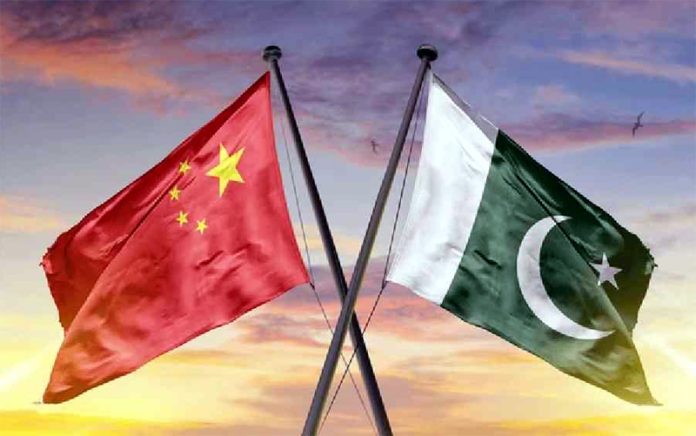China’s increasing involvement in bolstering Pakistan’s defence capabilities along the LoC in Jammu and Kashmir has drawn significant attention. This collaboration includes constructing fortified bunkers, supplying advanced unmanned aerial and combat vehicles, and installing encrypted communication towers, signalling a strategic shift with far-reaching implications for regional security dynamics. As China and Pakistan deepen their military cooperation, India is well prepared to counter this partnership with a robust and multifaceted strategy to safeguard its national interests and maintain regional stability.
India’s response begins with heightened vigilance and comprehensive intelligence gathering, closely monitoring developments along the LoC and ensuring that any new construction or military deployment by Pakistan and China is promptly detected. Advanced satellite imagery, surveillance drones, and human intelligence sources provide real-time data, allowing defence forces to assess and respond to potential threats swiftly. To counter the enhanced military infrastructure provided by China to Pakistan, India has significantly invested in modernising its own defence capabilities. This includes the acquisition of advanced weaponry, such as the Rafale fighter jets from France and the S-400 missile defence systems from Russia, as well as indigenous developments like the Tejas fighter aircraft and the Akash missile system. Additionally, India is focusing on upgrading its surveillance and reconnaissance systems. The deployment of advanced radar systems, such as the indigenous Arudhra and Aslesha series, enhances India’s ability to detect and track aerial threats. These systems provide critical intelligence support to the Army and Air Force, bolstering their readiness to address potential incursions.
Recognising the importance of infrastructure in maintaining operational readiness, the government has accelerated the development of strategic roads, tunnels, and airstrips along its northern and western borders. The construction of the all-weather Atal Tunnel in Himachal Pradesh and the planned Zojila Tunnel in Jammu and Kashmir ensure year-round connectivity to forward areas, enabling rapid troop and equipment movement. These infrastructure projects are crucial for sustaining military operations in challenging terrain and harsh weather conditions. Moreover, the BRO has been tasked with building and maintaining critical road networks and enhancing logistical support for troops stationed in remote areas. The development of advanced airstrips and heliports further strengthens India’s ability to deploy forces swiftly and effectively.
India’s strategic response is not limited to military measures; it also involves proactive diplomatic engagements and forging strategic alliances. By strengthening ties with countries like the United States, Japan, Australia, and France, India seeks to counterbalance the growing China-Pakistan axis. The QUAD, comprising India, the US, Japan, and Australia, serves as a platform for cooperation on security and economic issues in the Indo-Pacific region, emphasising the importance of a free and open maritime domain. Furthermore, India’s diplomatic efforts aim to garner international support for its position on territorial disputes and counter Chinese influence in South Asia. By highlighting the implications of China’s activities in disputed regions, India seeks to build a consensus among like-minded nations to uphold the principles of sovereignty and territorial integrity.
India’s emphasis on the ‘Make in India’ initiative has encouraged domestic production of defence equipment, reducing dependence on foreign suppliers and fostering indigenous technological advancements. Collaborations with international defence companies for joint ventures and technology transfers further enhance India’s defence industrial base. Investing in cutting-edge technologies, such as artificial intelligence, cyber warfare, and space capabilities, is also a priority for India. Developing indigenous satellite systems for reconnaissance and communication ensures secure and uninterrupted channels, crucial for strategic planning and operational efficiency.
India recognises the importance of regional cooperation in maintaining stability and security. By engaging with neighbouring countries through forums like SAARC and the Bay of Bengal Initiative for Multi-Sectoral Technical and Economic Cooperation (BIMSTEC), India seeks to build a cooperative security framework. These platforms facilitate dialogue on common security challenges and promote collaborative efforts to counter terrorism and other transnational threats. As tensions persist, India’s commitment to safeguarding its national interests and ensuring regional stability remains unwavering.
Trending Now
E-Paper


